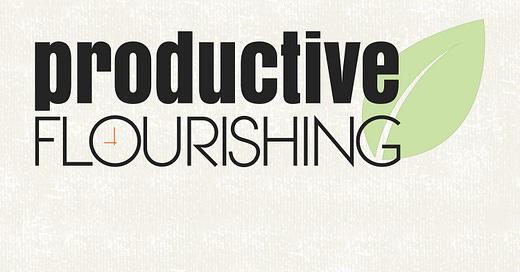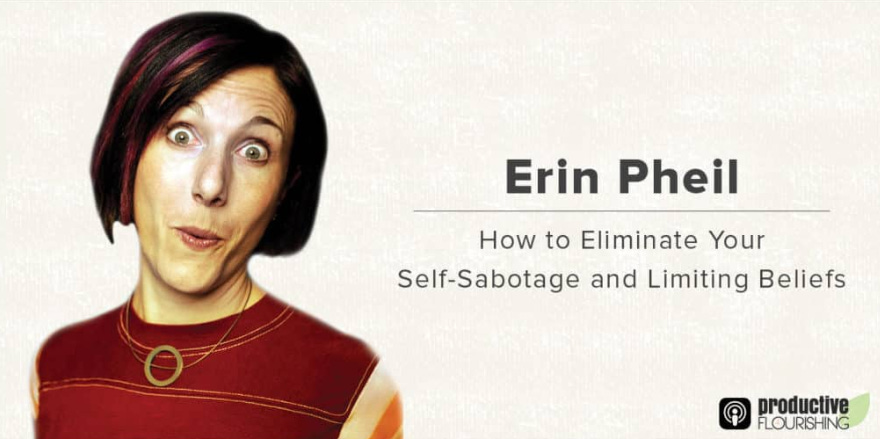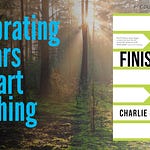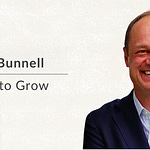Topics We Explored:
Erin Pheil, founder of the MindFix Group, joins Charlie to jam about why it’s so hard to rewrite stories and change self-sabotaging scripts.
They also talk about some things you can do when you’re tired of the same choices leading to the same actions.
Links and Resources Mentioned in This Episode:
About Erin Pheil:
Erin is the founder of MindFix Group, a successful entrepreneur, consultant, and speaker, who delivers keynote talks, workshops, and retreats on human behavior and rapid transformation. She has blended her knowledge of a wide variety of modalities into a powerful and unique experience for those passionate about optimizing what’s not optimal in their lives.
Thanks for Listening!
Subscribe to Productive Flourishing on Apple Podcasts to get all the latest episodes delivered straight to your preferred mobile device. This is the perfect option for listening to the show in the car, on the subway, or while you’re working out. Plus, you won’t have to fuss with figuring out how you’re going to listen.
Episode Timestamps
[0:05] - Charlie’s new book, Start Finishing: How to Go From Idea to Done is out now! Productivity is how we become our best selves in the world. The book covers tools, practices, and mindsets that will help you finish the stuff your soul is yearning to do. There are contributions from Charlie’s friends, colleagues, and teachers. If you’d like to pre-order a copy, click the link below.
[4:00] - Erin ran a successful web agency for almost seventeen years, until she realized that it wasn’t something she wanted to do for the rest of her life. The fear around this thought was that her career was all she had ever known. After a series of rock bottoms, she started to see a therapist who showed her that the way she was looking at the world and seeing things was affecting everything else.
[8:05] - She devoted all of her energy into learning how she could actually change what was going on in her head. When it became replicable, she realized this work was what she wanted to be doing. Our operating beliefs are the ones that are doing the driving, and tend to be the ones that drive our self-sabotage.
[11:25] - Emotion drives action, and the language we use to describe things actually becomes the way we see and operate in the world. The stories, or head trash, tends to dominate. The piece of head trash impacts how events occur to us. This is the same principle as confirmation bias.
[15:10] - People often struggle with what their “true” or “authentic” selves are. Different people can have different truths, and maybe the more important question is asking "what’s useful?" That can get us much further than “what’s true?”
[17:50] - One of the most frustrating things about head trash is that we often realize the story we’re telling ourselves, and we know it’s not useful, but it’s difficult to change it. People hold on to these beliefs or stories because they feel like they have seen evidence in the world that it is true.
[20:20] - In addition to our own stories, our cultures also have stories that become part of our mental narrative as evidence. When we have a belief that already has some evidence, every new bit of evidence that confirms the belief strengthens it, and we easily write off anything that doesn’t confirm it.
[23:20] - The body keeps the score with all of our stories and head trash, and this can eventually manifest itself physically. Erin talks about some of the tests they use with their clients, and one of them is whether or not they can feel something in their bodies when they have those thoughts.
[26:40] - People must learn to accept that it’s okay to have conflicting beliefs. They only accept one, and when they don’t acknowledge that they feel a certain way, they tend to suppress those beliefs or push them away. It takes energy to push things away, and when we accept them, sometimes the power dissolves.
[31:20] - There is a connection between the body and the mind, but there are also some disanalogies that keep us stuck. It’s not quite as obvious when we push away mental beliefs versus physical manifestation.
[32:55] - Erin talks about our beliefs and stories surrounding what’s possible with change. Our stories can anchor us down and prevent us from seeing our other successes.
[36:45] - When it comes to goal setting with contradictory beliefs, Charlie talks about changing the directive. Instead of saying you can or can’t lose that weight or save that money, remain open and change the directive to “what would happen if I…” This curiosity is a useful tool to uncover what people’s specific head trash is.
[41:40] - The work of uprooting head trash is daily work, because there are new things that pop up when we get rid of one thing. If it feels like there are other beliefs sprouting up, what you think you got rid of may not have been the root of the problem.
[44:30] - The first step to getting unstuck from self-sabotage stories is to identify and uncover what the roots of our head trash are. Step two is dissolving and eliminating them, which is the main work of MindFix. The million dollar question for people to start asking themselves is “What would I have to believe to be true in order to keep experiencing this pattern over and over again?”
[47:45] - Erin invites listeners to seriously ask themselves that million dollar question above, at least ten times a day. It is one of the most insightful questions that will help you learn about yourself in a short amount of time. Ask yourself that question and see what shows up.















Share this post